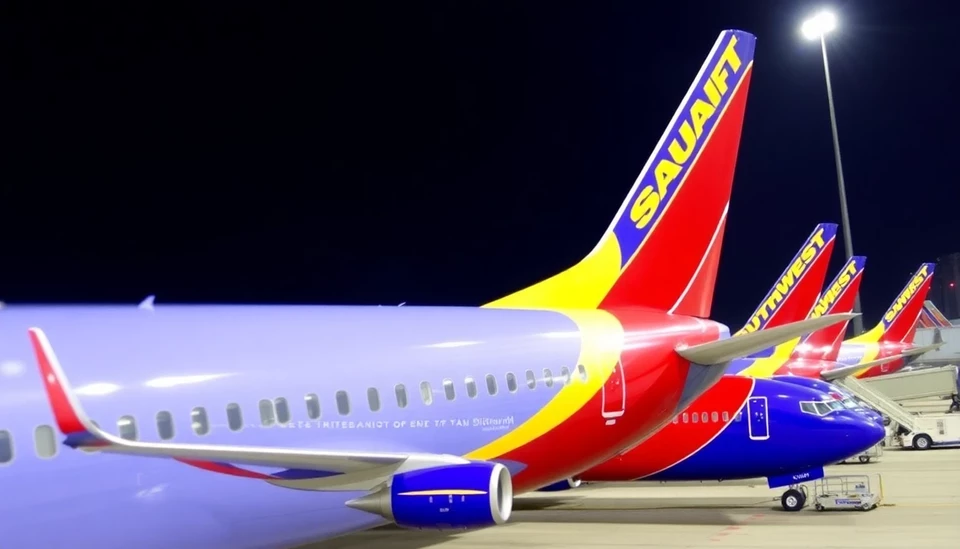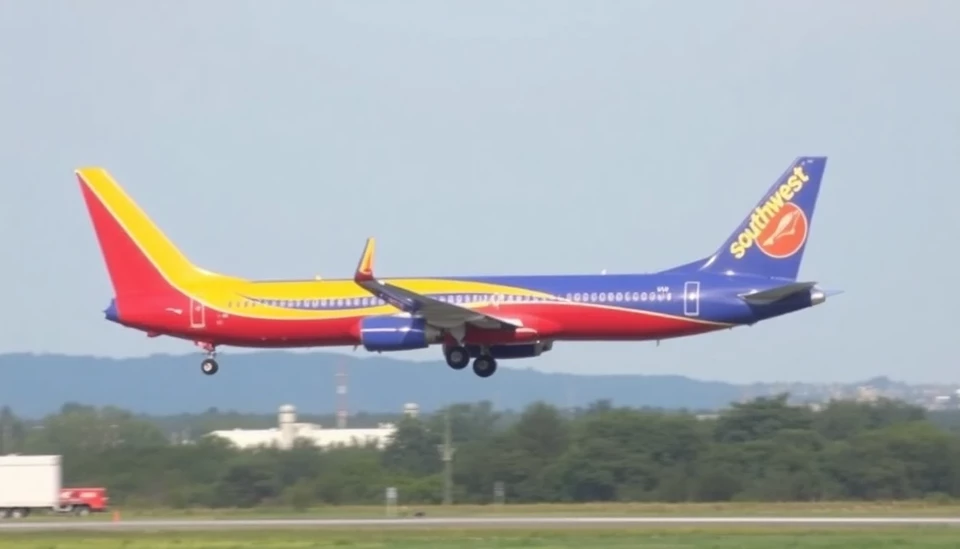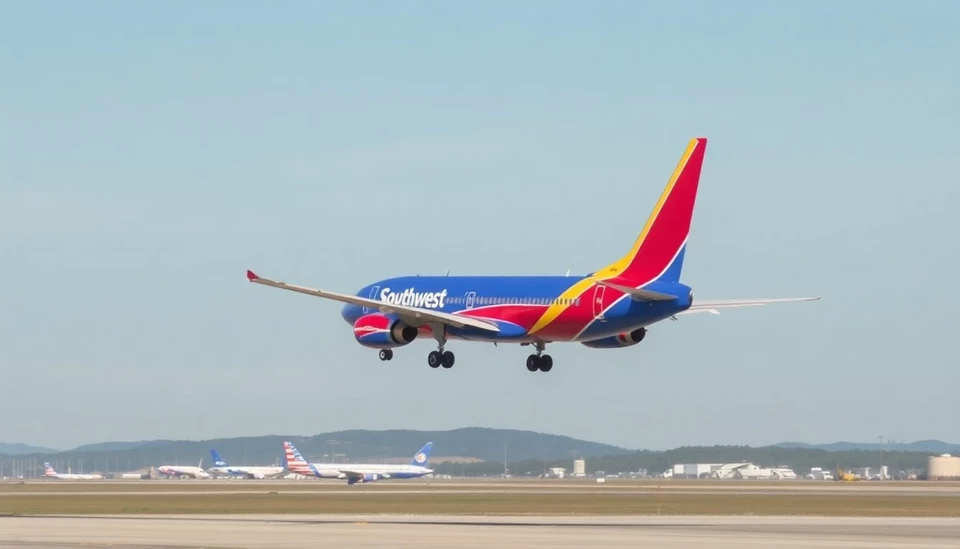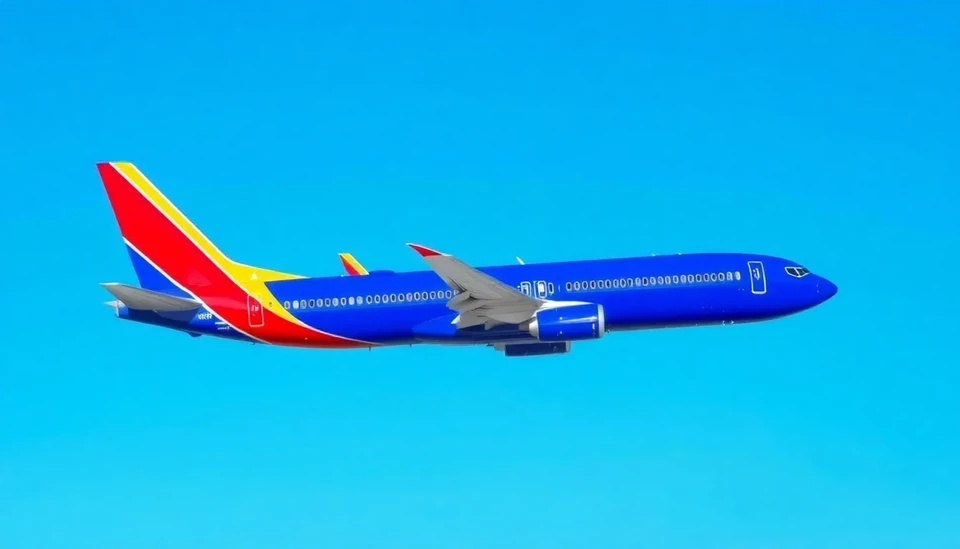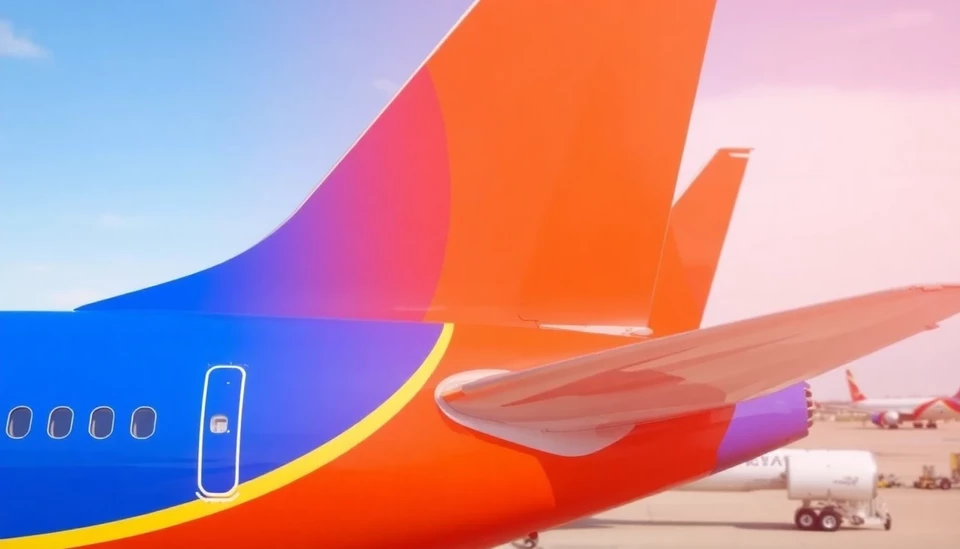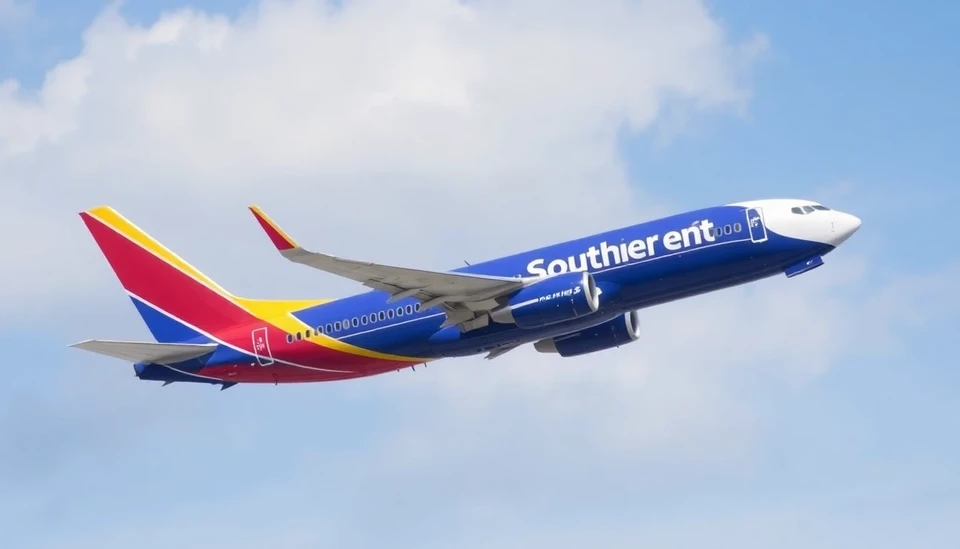
In a significant development within the aviation industry, Southwest Airlines recently announced that ongoing strikes at Boeing are projected to severely affect aircraft deliveries scheduled for 2025. The airline's executive team conveyed their concerns during a recent financial update, revealing that the labor disputes at Boeing could result in a shortage of new aircraft, substantially impairing Southwest’s operational capabilities.
The strikes, driven by disputes over labor contracts and worker conditions, have already begun to halt production lines at Boeing, leading to fears among airlines reliant on their aircraft production. Southwest, one of Boeing's largest customers, stated that the delivery timeline for new planes could slip further into the future, potentially disrupting not only fleet expansion but also the renewal of aging aircraft.
Officials from Southwest Airlines outlined the potential repercussions in a recent earnings call, emphasizing how the delays could push back strategic growth plans and affect overall service commitments. This includes the airline's aim to expand its routes and enhance its fleet efficiency, which are critical components of their business model. The delays could force the airline to rethink its operational strategies, including focusing on maintaining its existing fleet longer than anticipated.
Financial analysts have also weighed in on the situation, noting that these delays may lead to increased costs for Southwest Airlines as they may need to deal with rising maintenance expenses for older aircraft. Analysts suggest that the inability to procure new planes could result in missed revenue opportunities as demand for travel continues to rise in the post-pandemic era.
Furthermore, the strikes at Boeing could have wider implications for the aviation sector. Other airlines that operate similar fleet renewal plans may also experience turbulence due to a shortage of available aircraft. The ripple effects could extend to suppliers and partners, complicating matters further in an already strained supply chain.
This turn of events raises questions about the long-term stability of Boeing's production capabilities and the impact of labor relations on the future of air travel. While the labor disputes remain unresolved, industry experts are closely monitoring the situation, anticipating that concessions may need to be made in order to resume normal production levels. Until then, airlines like Southwest will have to navigate the turbulent waters of delivery delays and operational adjustments.
As the situation develops, stakeholders across the aviation industry will be watching closely, as the outcomes of the strike and subsequent negotiations will undoubtedly play a pivotal role in shaping the future landscape of air travel.
Stay tuned for further updates on the ongoing situation between Boeing and the striking workers, as this story continues to evolve and impact the airline industry.
#SouthwestAirlines #Boeing #AircraftDelivery #AviationNews #AirlineIndustry #LaborStrikes #Aerospace
Author: John Harris
